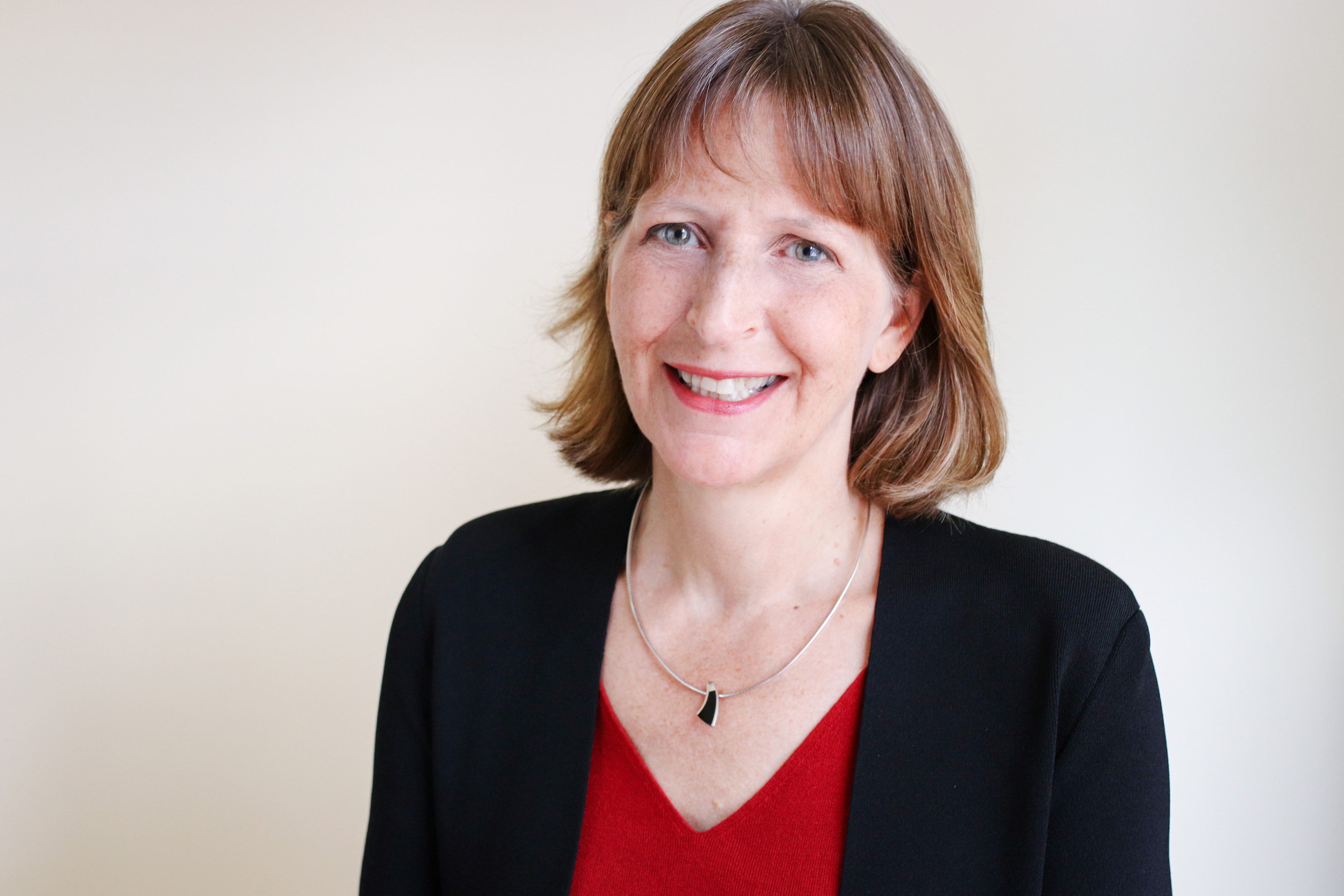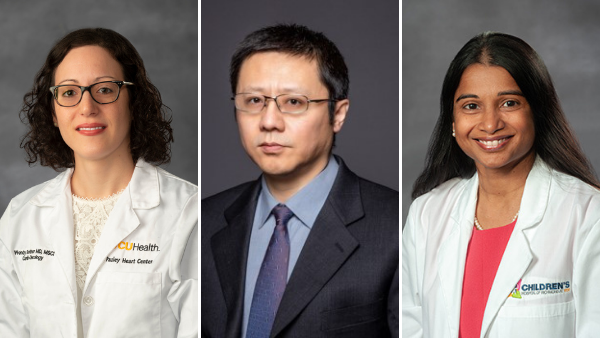This story was published in the fall 2021 issue of 12th & Marshall. You can find the current and past issues online.
"What was remarkable to me about Stan Pauley was that he understood the key pressure points that needed to be addressed to optimize cardiovascular health for the community, state and beyond,” says W. Gregory Hundley, M’88. “He realized that if a facility had the right equipment and innovation, it could really help the team deliver world-class care.”
In fact, the vision and generosity of the late philanthropists Dorothy A. and Stanley F. Pauley laid the foundation for Hundley’s decision to return to his alma mater in 2018 as inaugural director of the VCU Health Pauley Heart Center.
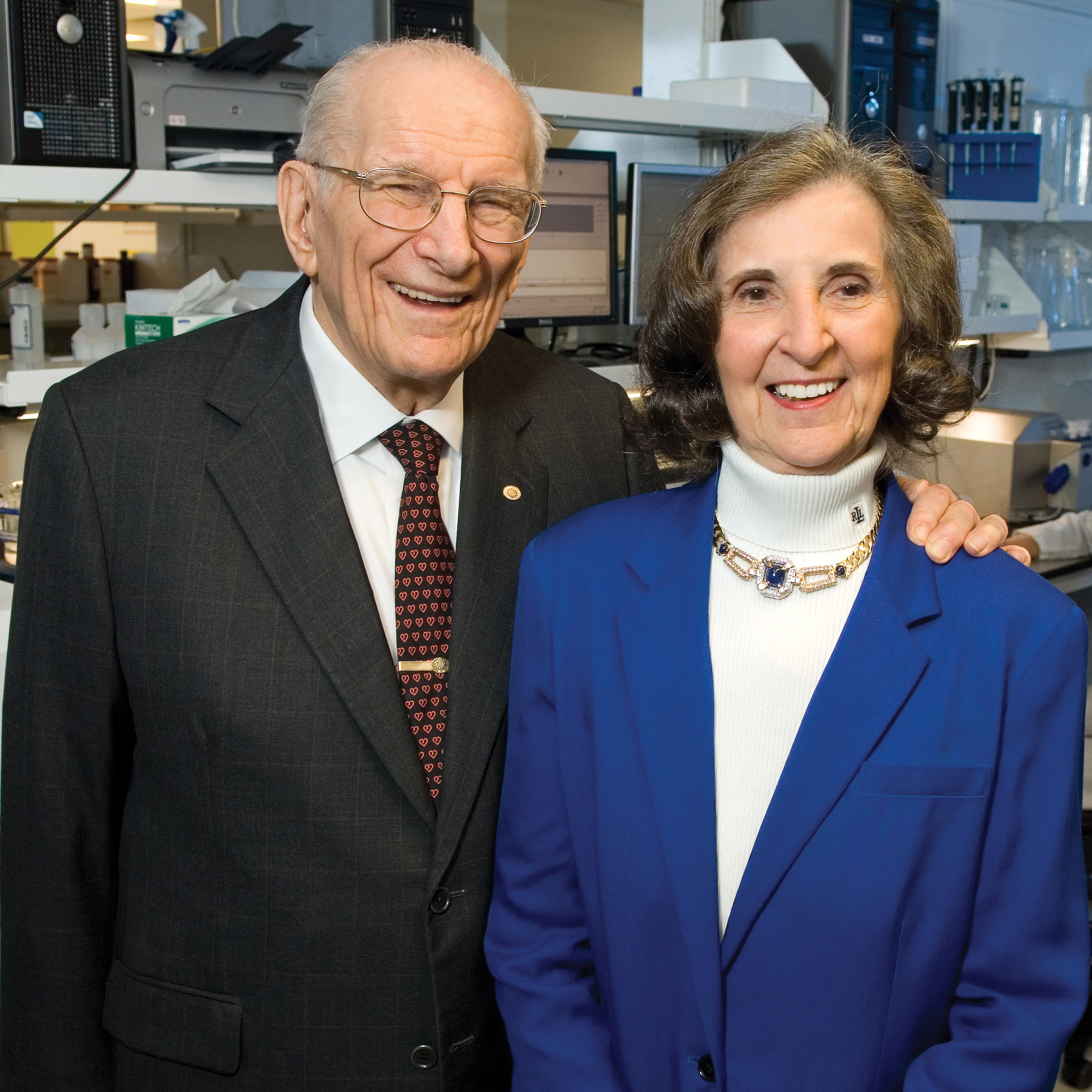
Late philanthropists Dorothy A. and Stanley F. Pauley
When the three first met, the couple had already made their transformational $5 million gift to name the Pauley Heart Center in 2006. They had been impressed with the care delivered by a cardiology program that traces its roots to 1946 when Reno Porter, M.D., established MCV’s cardiovascular laboratories.
In Hundley, the Pauleys met a physician-scientist who was the first in the world to demonstrate that MRI stress testing can identify individuals at risk of heart attack. He also pioneered the use of MRI technology to visualize and measure blood flow in the coronary arteries.
Through the Pauley Family Foundation, the couple committed $5 million to support recruitment efforts for Hundley’s position and $4 million to build an 8,000 square-foot cardiovascular imaging suite with echocardiography and MRI technology.
The cardiac imaging suite would provide Hundley with the necessary equipment to continue his National Institutes of Health-funded research — with grants totaling nearly $20 million over 20 consecutive years — on preventive heart care for patients undergoing chemotherapy, as well as bring the innovative technology to Pauley patients.
“Most heart centers don’t have those resources at their disposal,” Hundley says. “The Pauleys provided those so we could move forward in clinical care, education and research. It’s been incredible.”
This year marks the 15th anniversary of the Pauley Heart Center’s naming, paying tribute to the original gift that laid the foundation for its growth. In celebration, we’re spotlighting 15 of the advances made possible by the center’s good work.
87 heart attacks ... didn't happen
The purchase of a 3 Tesla MRI brought the latest technological innovations to Pauley, resulting in higher-resolution images, shorter testing times and expedited results for patients. In the imaging clinic’s first year, the number of cardiac MRIs increased by 95%, preventing at least 87 heart attacks. “When imaging results are integrated with patient symptoms and the clinical exam, optimal selection of therapeutic interventions, including medications and procedures, occurs for patients so their long-term outcomes are maximized,” explains W. Gregory Hundley, M’88.
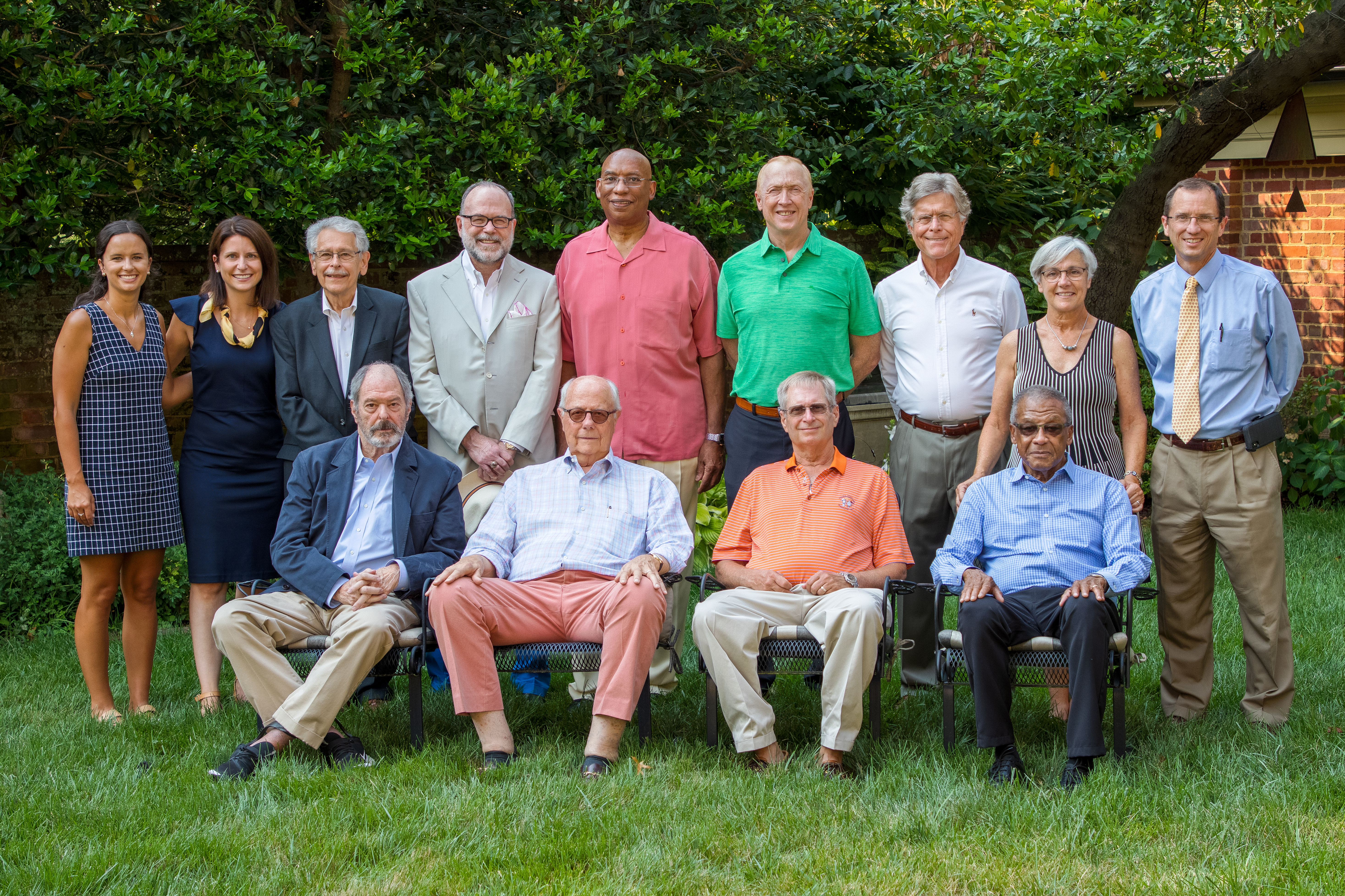
Pauley Heart Center Advisory Board
Record-breaking dollars
Pauley ended fiscal year 2020 with its best year ever: $6.6 million in Pauley philanthropy and $9.38 million in research awards.
The center’s advisory board, formed in 2019, proved to be a key partner in Pauley’s success. Board members serve as champions for the center and the community, spreading the word about Pauley’s reputation for excellence through advocacy and fundraising.
From the OR to the courtroom — in two weeks
For nearly 12 months, Mike Shebelskie couldn’t walk up a flight of steps. He couldn’t sleep. The partner at Richmond law firm Hunton Andrews Kurth couldn’t enjoy the activities he loved, such as biking or rowing on the James River, because of a severe cardiac arrythmia. “It was dire,” says Shebelskie’s husband Rick Burton. “It got to the point where he was exhausted all the time. He could hardly function.”
The condition confounded other providers. On the advice of a friend, Shebelskie came to Pauley, where Kenneth A. Ellenbogen, M.D., told him, “I can fix this.” The director of cardiac electrophysiology and pacing performed an urgent ablation two days before Christmas Day 2017 — the same day Ellenbogen’s first grandchild was born.
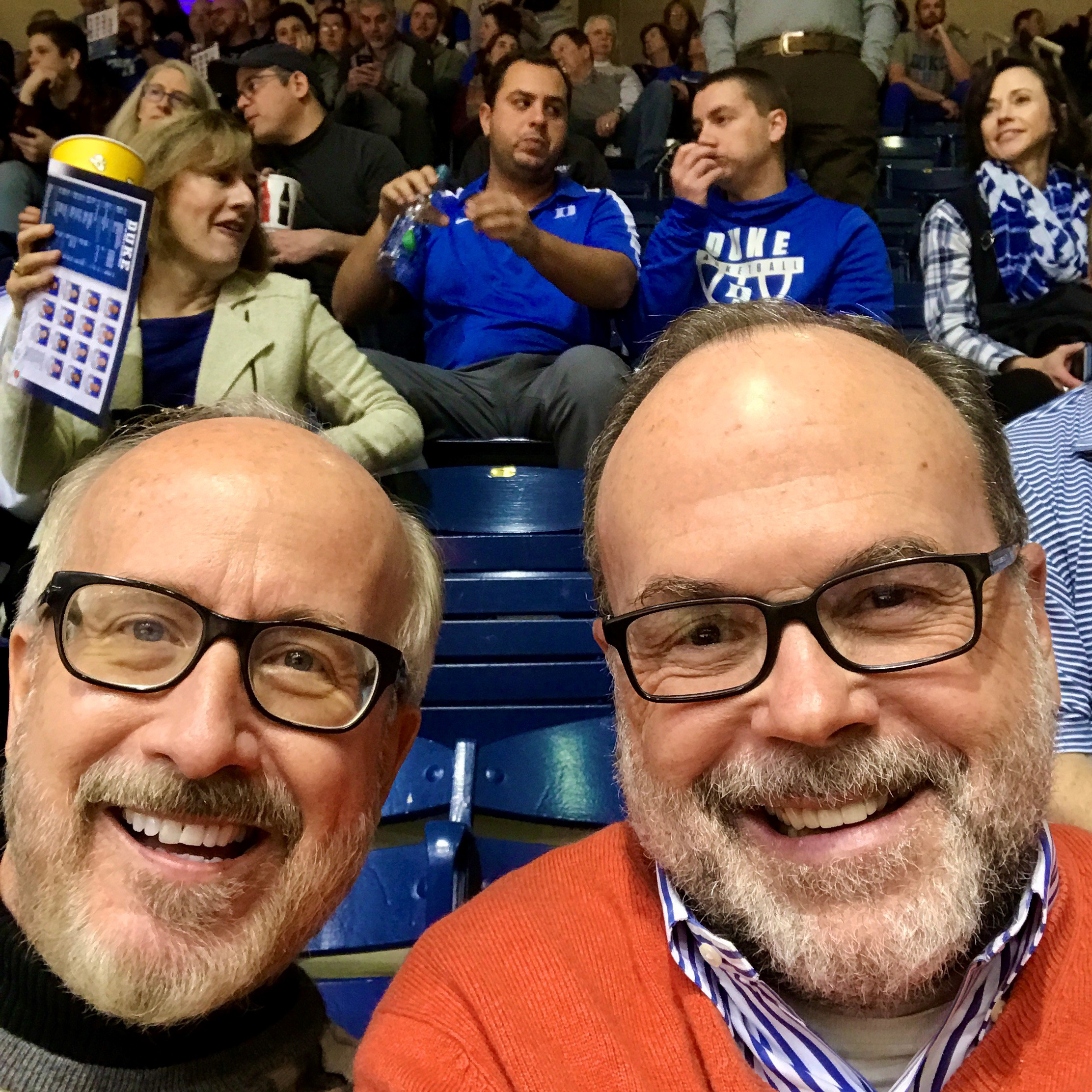
Pauley patient Mike Shebelskie (left) and husband Rick Burton attended a Duke University basketball game seven days after Shebelskie’s heart surgery.
Neither family will forget the date. For Shebelskie and Burton, it’s the day they got their lives back.
“It was transformative,” Burton says. “Within two weeks of the ablation, Mike was back to normal — biking, rowing and heading up a major trial. There never was or will be a patient more grateful. The first thing we did was make a gift.”
The couple’s $1 million bequest will support research for atrial fibrillation and other heart arrhythmias. Burton now serves on the Pauley Heart Center Advisory Board and chairs its clinical excellence committee with Ellenbogen.
“One of the best things I can do is be a cheerleader for Pauley,” Burton says. “I get so much satisfaction from being a part of the center and I want to do more. To think we have one of the top five electrophysiologists in the world here at MCV and in Richmond
is extraordinary. It’s a blessing.”
A history of firsts
In 2006, Pauley Heart Center’s Vigneshwar S. Kasirajan, M.D., the Stuart McGuire Chair of Surgery, led the interdisciplinary team that successfully completed a total artificial heart implant on the East Coast.
Today — having implanted more than 110 artificial hearts — VCU Health has become the most prolific total artificial heart program in the U.S., and perhaps one of the top five in the world, according to Kasirajan. The team has remained at the forefront as technology has evolved and is leading a national clinical trial of seven centers to test the newest artificial heart.
In 2017, Zachary M. Gertz, M.D., the Hermes A. Kontos, M.D., Professor in Cardiology and Pauley’s director of structural heart disease, became the first surgeon on the East Coast to complete a trans aortic valve replacement while the patient is awake. And Keyur B. Shah, M.D., the David E. Tolman Professor in Heart Failure, led enrollment in an international clinical trial to better understand cardiac amyloidosis, a difficult-to-diagnose condition that can lead to heart failure and heart arrythmias.
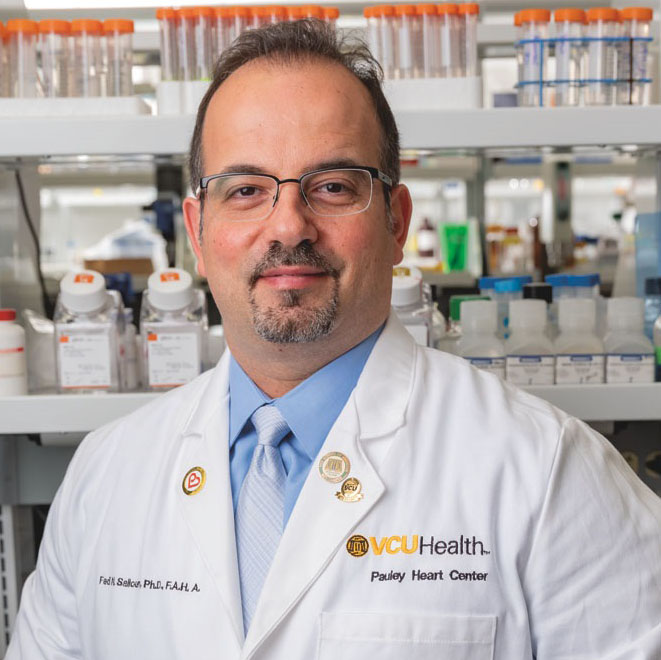
Fadi N. Salloum, PHD'05 (PHIS)
Prestigious NIH grant backs promising research
Fadi N. Salloum, PHD’05 (PHIS), will lead a team of Pauley researchers working to improve the heart health of cancer survivors, thanks to a $5.4 million R35 Emerging Investigator Award from the NIH’s National Heart, Lung and Blood Institute. Salloum holds an endowed chair that carries the names of the late Natalie N. and John R. Congdon Sr. He credits their generosity for giving him the opportunity to pursue his passion.
“One of the biggest challenges in obtaining federal research funding is the need to provide a significant amount of preliminary data that support one’s hypothesis, and in order to perform studies and collect the necessary data, one needs funding,” Salloum says. “Funding seems to always pose a great challenge that impacts breakthrough discoveries. The Congdons’ generosity and support have allowed me to confidently ‘think outside the box’ and pursue research venues that I believe are truly significant and impactful in improving patients’ lives.”
'If you're smart, you'll look into cardio-oncology'
Pauley’s multidisciplinary approach to cardio-oncology and its collaboration with VCU Massey Cancer Center led Wendy J. Bottinor, M’11, H’14, back to the MCV Campus. “We are establishing a really robust program not just from the clinical side but particularly from the research side,” says Bottinor, a cardio-oncology specialist and assistant professor. “We have a large, multidisciplinary team of experts in cardio-oncology, cardiac imaging, biomedical engineering, exercise physiology and nutrition who are all working together to understand the link between cancer and cardiovascular disease.”
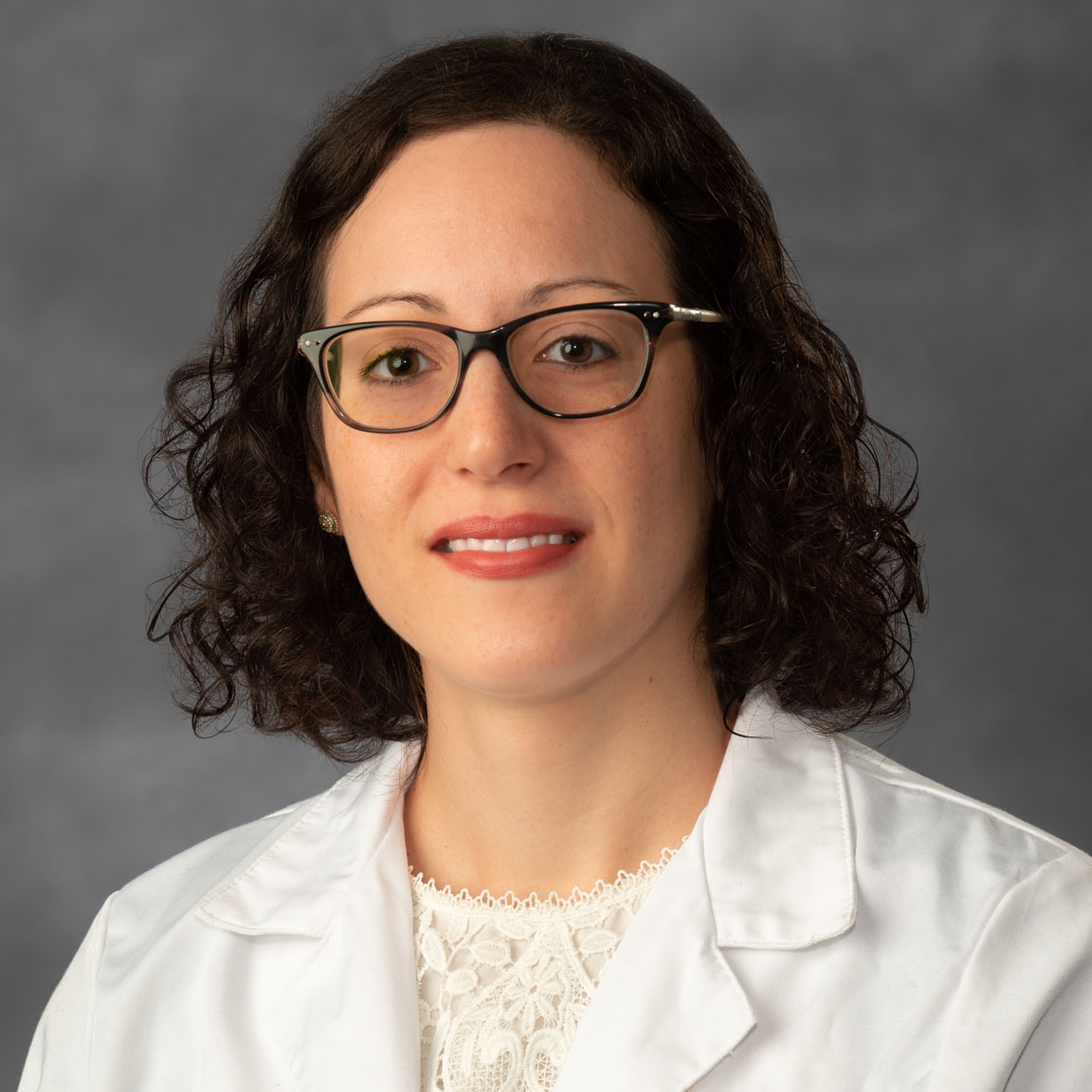
Wendy J. Bottinor, M'11, H'14
While heart disease is a leading cause of death among cancer survivors, the reasons are not fully understood. It also impacts survivorship quality of life. Take the case of a 45-year-old breast cancer survivor who, seven years after treatment, develops heart failure. “We’ve got to stop that from happening,” Bottinor says.
The earlier cardiovascular dysfunction is detected and treated, the more likely it is providers can make an impact. “We’ve always struggled with what’s the best way to detect the earliest signs of cardiovascular dysfunction,” Bottinor says. “The cutting-edge imaging technology that we have here at Pauley is allowing us to do that.”
The cardio-oncology field was still emerging when Bottinor completed her residency on the MCV Campus under the guidance of mentor George Vetrovec, H’74, F’76, the former chair of cardiology who retired in 2015. “One day he said, ‘If you’re smart, you’ll look into cardio-oncology.’ What he said stuck with me. My fellowship had a cardio-oncology program, and I fell in love.”
Now she is advancing her specialty from a faculty appointment at her alma mater. “To be able to come back to VCU, an institution that’s so strong clinically, and help pair that strength with unique and impactful research programs, naturally I’m very excited and proud to be part of that.”
Tomorrow's heart specialists
In 2019, philanthropic gifts led to the creation of a new undergraduate program that provides students with research experiences in one of four fields related to the diagnosis and treatment of cardiovascular disease.
REACH (Research Experience in All-Around Cardiac Health), a two-year collaborative pilot program, pairs faculty guidance from Pauley with didactic training at the College of William & Mary.
“We wanted to create an experience on the MCV Campus where students could pursue experiential learning as it relates to science and cardiovascular health, becoming thought leaders for the next generation and helping to address a problem that impacts half of our population,” says Pauley Director W. Gregory Hundley, M’88. “None of it would have been possible without the initial gift.”
Similar to REACH, the Pauley Heart Center Undergraduate Research Program, a 10-week research fellowship program funded through the American Heart Association, welcomes students from any university to participate in research at VCU. The program matches students with faculty members and provides them with experience to conduct translational, multidisciplinary cardiovascular research.
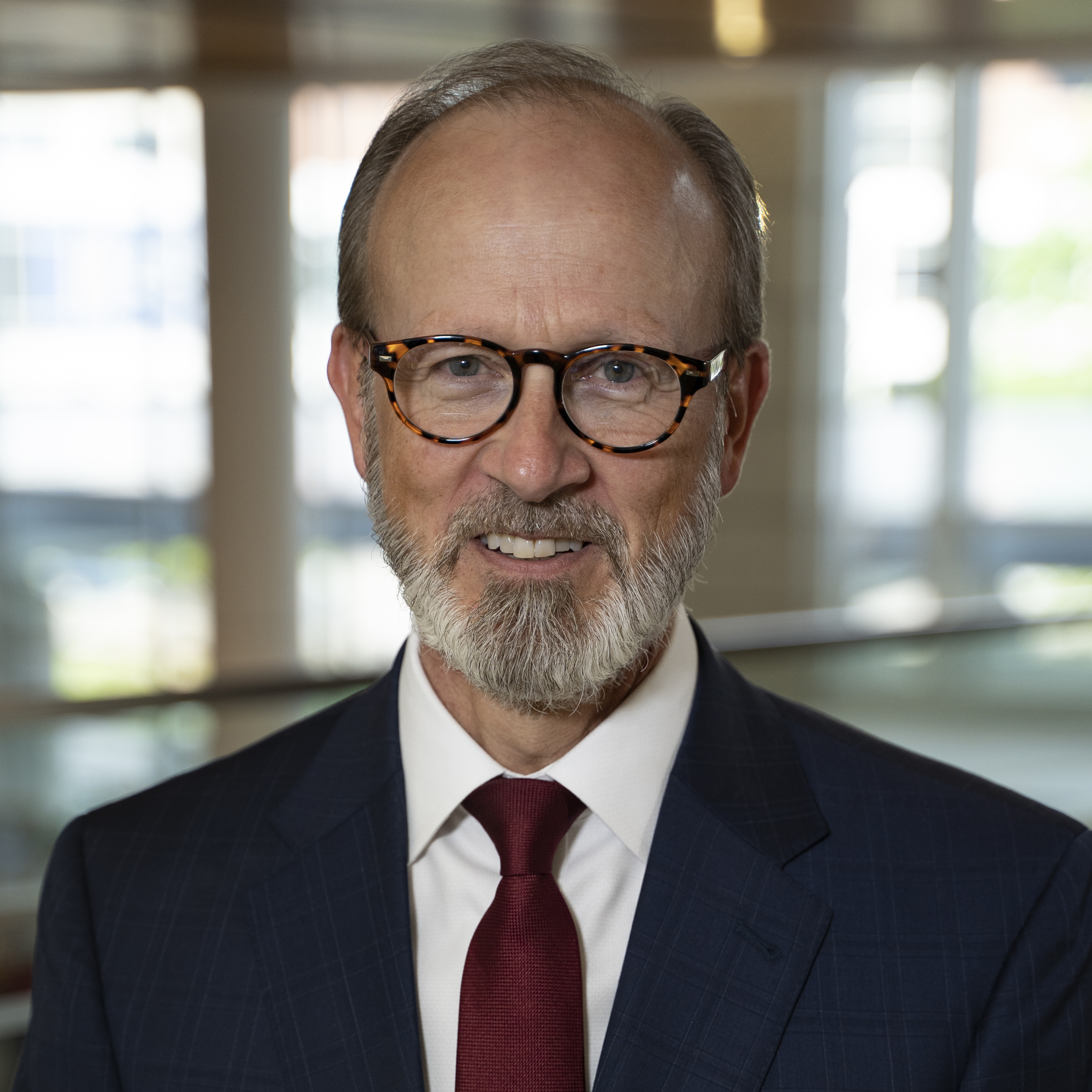
David Moliterno, M'87
In 2021, students represented VCU, Christopher Newport University, Virginia Military Institute, Virginia State University and others. Up next, the program plans to expand statewide and increase its availability to students from underrepresented backgrounds.
Remote learning from the MCV Campus
Amid the COVID-19 pandemic, Pauley ramped up educational offerings in 2020 by capitalizing on the shift to virtual meetings. Physicians, nurses and other medical professionals nationwide were invited to join Pauley’s weekly one-hour educational programs that allow attendees to interact and learn from rising, prominent and internationally recognized experts in the field of cardiology — Pauley’s own experts included. Attendees earn continuing medical education credits, maintenance of certification points or both.
In February, David Moliterno, M’87, delivered the inaugural George W. Vetrovec Visiting Lectureship. Moliterno, the Jack M. Gill Chair and professor of internal medicine at the University of Kentucky College of Medicine, spoke on “Polypharmacy Anticoagulation — The Slow Path to Reducing Duration, Dose, and Our Thinking.”
An end to blood thinners?
Blood thinners could become a treatment of the past, thanks to the high-profile research of Pauley’s Kenneth A. Ellenbogen, M.D.. He is leading the nation’s largest WATCHMAN clinical trial to study the newest version of the device. The implant could become the preferred therapy for patients with nonvascular atrial fibrillation who are at high risk of stroke, replacing the need for blood thinners.
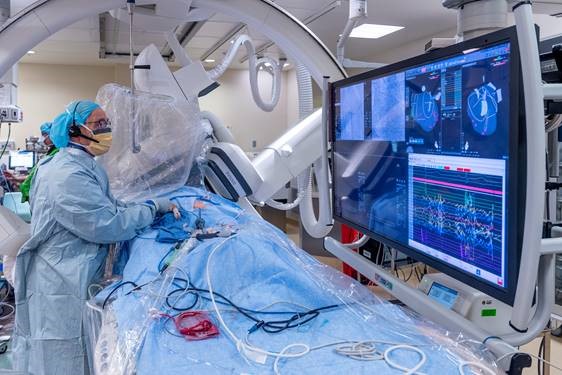
Kenneth A. Ellenbogen, M.D., is recognized as one of the top five procedural experts in the world who performs atrial fibrillation ablations.
“This is a groundbreaking study that looks at a device that the doctors here have been implanting for a number of years successfully and looks at it as first-line therapy for preventing stroke in patients with atrial fibrillation,” says Ellenbogen, recognized as one of the top five procedural experts in the world who performs atrial fibrillation ablations. “That’s huge. Whether it’s positive or negative, it’s going to possibly change the way we practice.”
The trial is enrolling approximately 3,000 patients in about 150 sites worldwide.
Expanding care across Virginia
Pauley has expanded its care and services beyond the MCV Campus to eight satellite clinics throughout the state: Stony Point, Henrico, Colonial Heights and Prince George in Metro Richmond, plus South Hill, Fredericksburg, Tappahannock and Williamsburg.
Seeding early-stage research
The Pauley Heart Center’s Pilot Grants program, begun in 2017 with an initial philanthropic gift from Anne and Roger Boevé, invests in early-stage research to provide the center’s physicians and scientists an opportunity to test novel ideas and gather enough data to apply for major research grants from institutions including the AHA and the NIH.
More than a dozen individuals, including alumni, have donated an additional $349,000 to the program.
To be awarded funding, pilot proposals must present an innovative idea to improve cardiovascular health that is feasible in 12 to 18 months and has potential to attract additional funding.
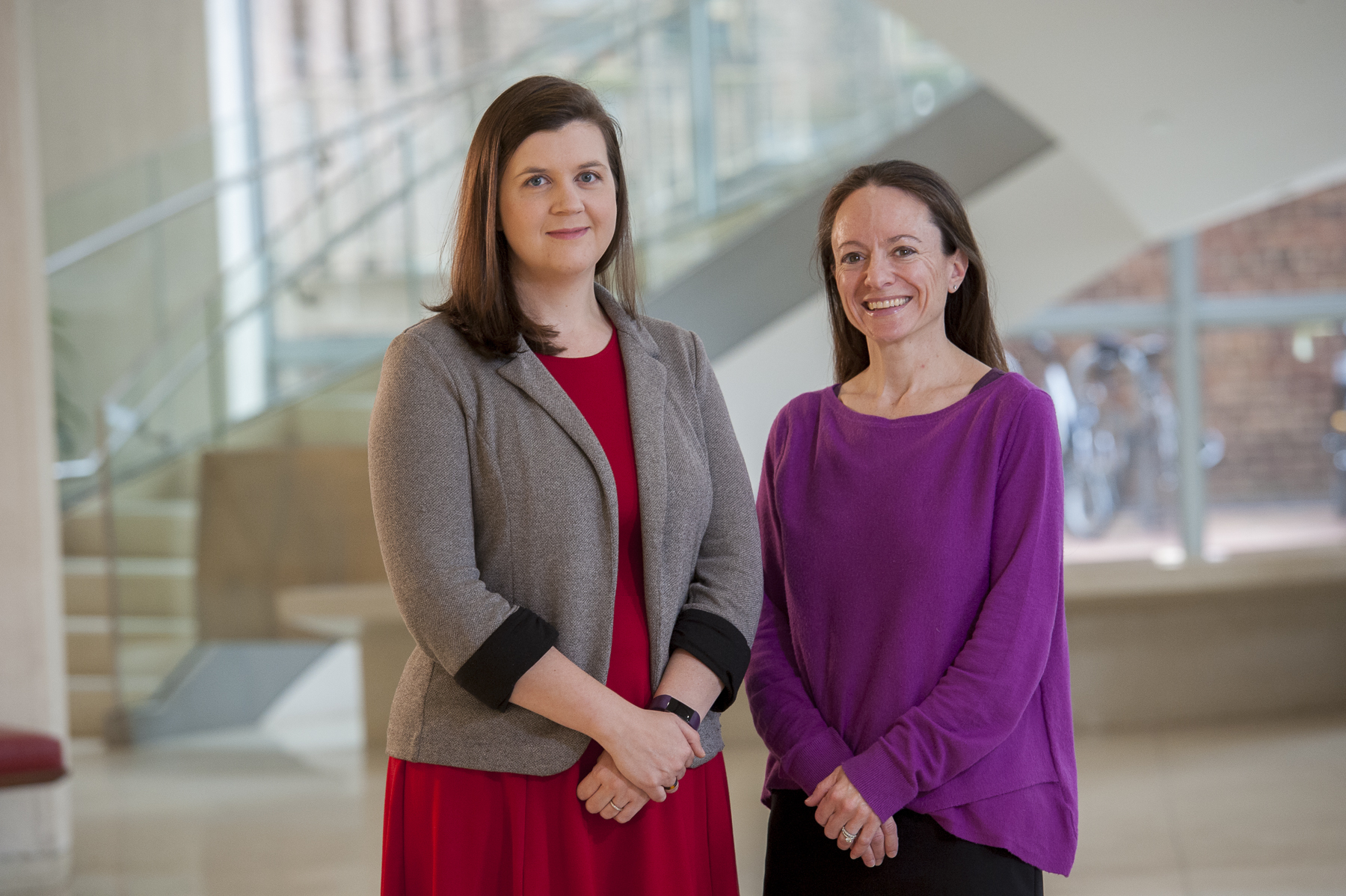
Jennifer H. Jordan, Ph.D. (left), and Jordana Kron, M.D.
Researchers Jordana Kron, M.D., and Jennifer H. Jordan, Ph.D., earned a $50,000 Pauley grant in 2019 to examine the inflammatory condition that can lead to heart failure.
Jordan, an assistant professor in the VCU College of Engineering Department of Biomedical Engineering and director of the Cardiovascular MRI Core Lab at Pauley, appreciates the chance to work with other faculty members across the university such as Kron, an associate professor in the School of Medicine and a Pauley cardiologist.
“This is an interesting collaboration we’ve been able to form to perform research that couldn’t be done in its own silos,” Jordan says. “A benefit of the pilot grant is that it allows us to target research by building these new teams from different innovative backgrounds.”
The pair’s original pilot grant has secured an additional $1 million in funding from a three-year AHA Collaborative Sciences Award and a two-year NIH award.
Fueling leadership
Endowed professorships and chairs are crucial in attracting and retaining exceptional faculty. Such support can attract renowned teachers and clinicians, and augment the research of top scientists.
The Martha M. and Harold W. Kimmerling, M.D., Professorship in Cardiology is one of 14 endowed professorships benefiting the Pauley Heart Center. The late Harold W. Kimmerling, M’53, credited the Medical College of Virginia for giving him his start and wanted to repay what he’d been given — a successful career in cardiology — to his alma mater.
In 2017, Kenneth A. Ellenbogen, M.D., was appointed to the Kimmerling Professorship. “Having the support of an endowed professorship has helped me author and co-author hundreds of papers and many textbooks in the field of cardiac pacing and implantable defibrillators,” he says. “Just having the time to work and to focus on scholarly activities, in addition to my clinical and teaching duties, has been great.”
To wit, Ellenbogen — who joined VCU in 1986 and served as cardiology chair for 11 years and vice-chair for seven — has published over 600 manuscripts and 10 textbooks. He has mentored hundreds of professionals while leading numerous clinical trials and lecturing worldwide. In 2020, he received the School of Medicine Distinguished Mentor Award.
In recent years, he had the opportunity to meet Martha M. Kimmerling and share how the family’s endowed fund has continued to grow and provide support for Pauley.
“She really cares about the heart center and the legacy that she and her late husband have created,” Ellenbogen says. “An endowed professorship is an amazing gift for VCU. She wanted to encourage people to make improvements and big steps forward in the treatment of heart disease.
“So it’s not just about me treating patients,” he adds. “It’s about me changing medical practice for the whole world. That’s beyond exciting.”
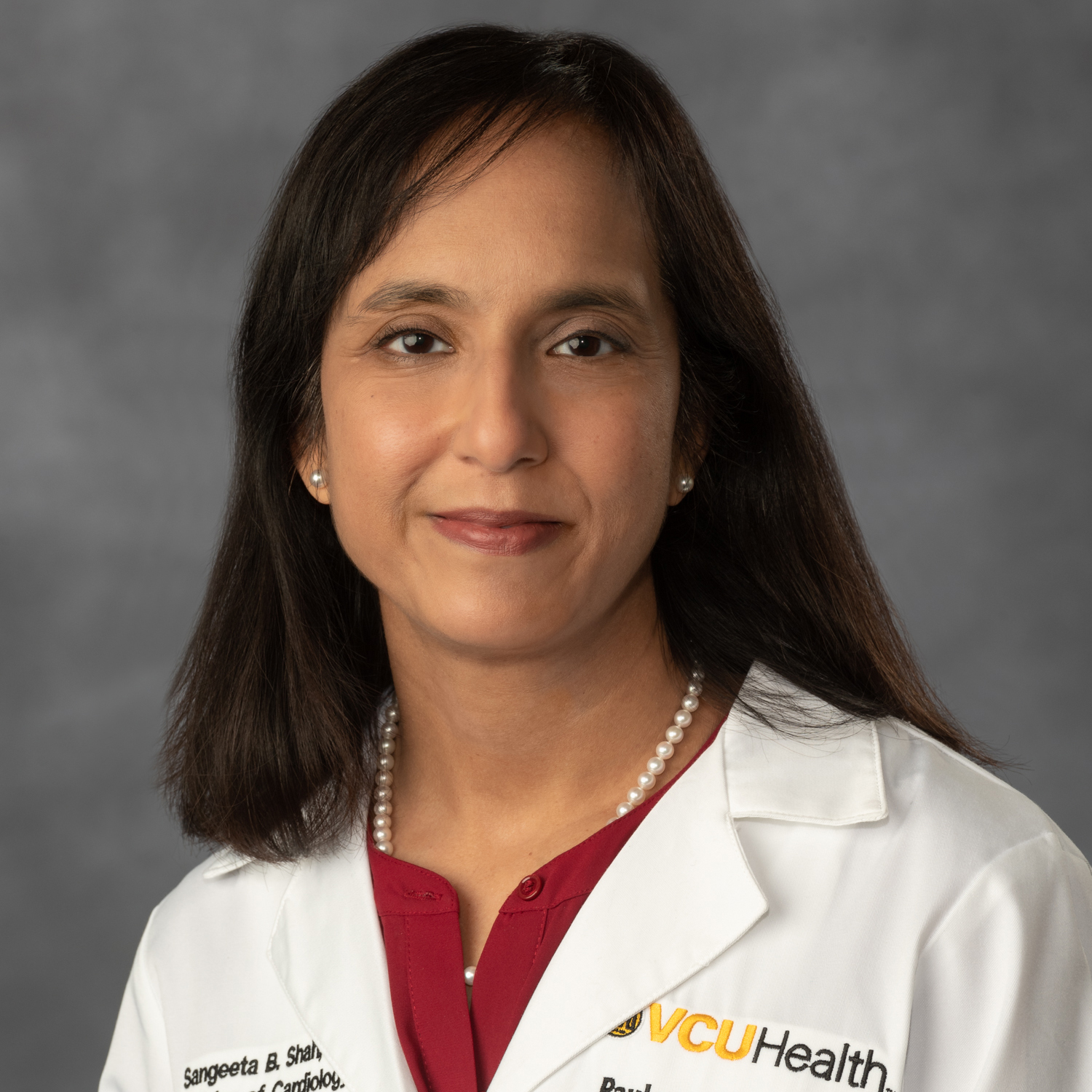
Sangeeta B. Shah, M.D.
Improving heart health — via fourth graders
If change is going to come to a community, chances are, young people are going to lead it.
That’s what Pauley’s Sangeeta B. Shah, M.D., has in mind for raising hypertension awareness. At her previous role at Ochsner Medical Center in New Orleans, she worked with community leaders to outfit fourth- and fifth-graders with their own blood pressure kits. After practicing in the classroom, students went home to take the blood pressure of five family members.
Suddenly, a dialogue about eating well, exercising and making healthy choices was born.
This fall, Shah plans to launch a similar pilot program for Richmond’s East End and the City of Petersburg, two predominantly African American communities where high blood pressure and cardiovascular events are prevalent.
“If we could do one thing to address the issue, it would be to increase awareness around monitoring blood pressure, therefore improving lifespan and equity.”
Simply giving children the vocabulary to talk about blood pressure makes a difference, she adds. “Not only do they make an impact as kids talking to their parents, but it stays with them and then they’re aware in their 20s, 30s, 40s.”
More patients, longer lives
Advances in pediatric cardiology have brought good news to patients with congenital heart defects who now find themselves managing their health well into adulthood.
“Currently, more adults are living with congenital heart disease than children,” says Sangeeta B. Shah, M.D., associate professor and director of Pauley’s adult congenital heart disease program, established in 2020. “The expected growth of new adult patients is 5% per year.”
Shah arrived on the MCV Campus in November, drawn to VCU’s comprehensive cardiac care for prenatal, children and adult heart health. “We have all the components to let patients know we can take care of them for whatever they need, at every stage of life.”
Her vision is to create the first accredited adult congenital heart disease program in Virginia. “We’re committed to developing a program with a strong health care team, clinical care and research to best meet the needs of this growing population.”
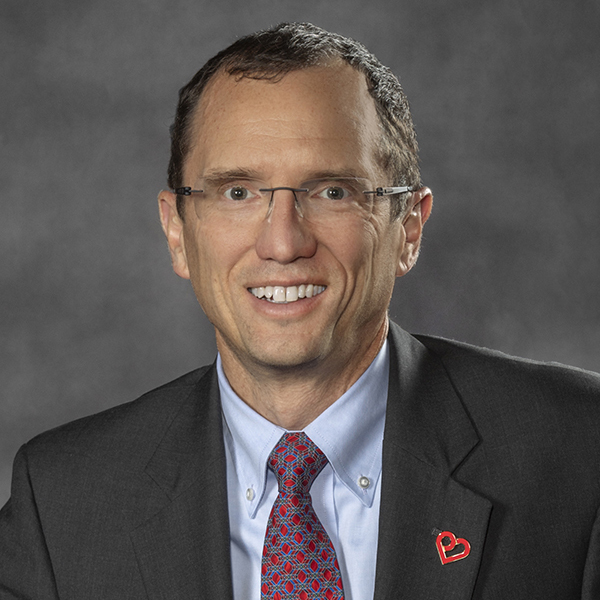
W. Gregory Hundley, M'88
Revving up rehab
The one doctor’s order any heart patient is sure to hear: Move. As much as you can, as soon as you can.
“Moving is a very good thing,” W. Gregory Hundley, M’88, says. “Standing and activity reduce future cardiac events. It’s really important to offer a program that teaches patients how to move around after a cardiac event. A lot of discharged patients need that care.”
Expanded space for cardiac rehab is in the works at Pauley’s Henrico location, and a vision is coming into focus for a comprehensive program. “First, we want to create the space,” Hundley says, “and then we want to recruit an expert in the field who can provide our patients with the very best in clinical trials.”
Drawn in 2018 to a heart center that was on the move, today Hundley’s charting a path to help his patients take their next step. Learn more about what's next for the Pauley Heart Center and how philanthropy can help transform the future.
Story contributors: Carla J. Davis, VCU University Relations; Erin Egan; Pauline Jankowski, VCU Health Marketing; Eric Peters, MCV Foundation; and Polly Roberts
